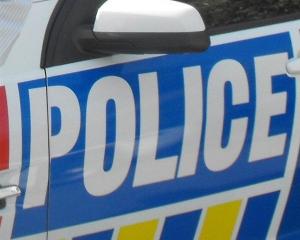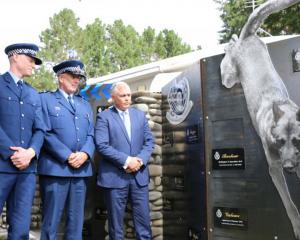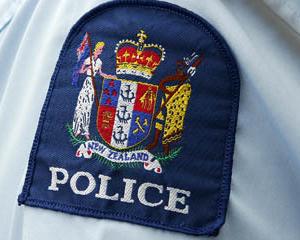The Southern Police District has the second-highest number of licensed firearms users in the country, but police are unable to provide an accurate figure for the number of firearms.
Figures released to the Otago Daily Times under the Official Information Act reveal there are more more than 220,000 licensed firearms users in New Zealand.
Canterbury Police District tops the list with 31,760 current firearms licences, closely followed by Southern District with 30,173.
Police could not provide information on how many firearms licence holders possessed, and there were no plans to move to a registration regime whereby firearms were registered.
A 1997 report, Firearms Control in New Zealand, estimated there were between 700,000 and 1 million firearms, with police estimating there were between 850,000 and 1.2 million firearms, based on import levels.
New Zealand moved from a firearms registration regime in 1983, due to problems with low compliance and inaccurate records, as a licensing system with more intensive vetting was considered to be a more effective method of arms control.
Police Minister Judith Collins said there were no plans to revert to the old system of registering individual firearms rather than individual firearms owners, as most licensed owners were responsible, law-abiding citizens.
"It is seldom these people who use firearms against police or the public."
Gun crime in New Zealand was "almost always" committed by unlicensed people who used stolen or illegally obtained weapons.
Asked if she was concerned that police could not supply an accurate figure on the number of firearms circulating in the country, Ms Collins said ideally police would have records of every firearm.
Requiring individual firearms to be registered would not necessarily stop criminals from obtaining them, but "police are currently exploring a range of options relating to gun ownership and sales".
Those proposed policy changes were still being developed and it was too early to provide further details, she said.
Possible changes may include improving security requirements for firearms owners in an effort to prevent thefts, and tightening up internet sales of firearms, National Shooters Association president Richard Lincoln said.
The lobby group rejected any calls to register firearms rather than owners, saying it would lead to a large number of firearms entering the black market.
Following the 1990 Aramoana massacre, a review of the Arms Act and subsequent amendments led to more than 6500 of the estimated 15,000 military-style semi-automatic rifles or shotguns (MSSAs) entering the black market, he said.
Southern District operations manager Inspector Lane Todd said the high level of licence holders in Otago and especially Southland was due to a large rural population, many of whom took part in hunting and recreational activities.
For the past 18 months police had worked to address the more than 3500 lapsed licence holders who, for some reason or another, no longer held a current licence.
It was pleasing these people had been identified and records updated, as having so many lapsed licences presented a "risk".
It was difficult to estimate the number of firearms in the district, but an estimate based on each licence holder owning two firearms would equate to just over 60,000 firearms.
However, that was likely to be a conservative figure, he said.
Insp Todd was confident the licensing system was "robust", as it enabled police to identify at-risk people, and assess whether they should hold a licence.
An estimated 600 licence holders in the region were "red-flagged" each year by police, and so far this year more than 100 people had had their firearms licences revoked.
Licence holders who were involved in domestic violence incidents, had drug or alcohol problems, or mental health issues, were reviewed by police to ascertain if there were concerns and their licences could be revoked and their weapons removed.
Police continued to come across illegal firearms often while executing search warrants, from tip-offs from the public, or from their own investigations.
Any illegally obtained firearm would be destroyed unless police were able to track the original licensed owner.
Firearms had been targeted by opportunistic thieves in the Southern region from "time to time".
People were advised to keep firearms secured and keep serial numbers recorded.
Previously, individual firearms, not the firearms owner, had been licensed, and while this continues to be debated "it could be problematic" to reintroduce, Insp Todd said.








